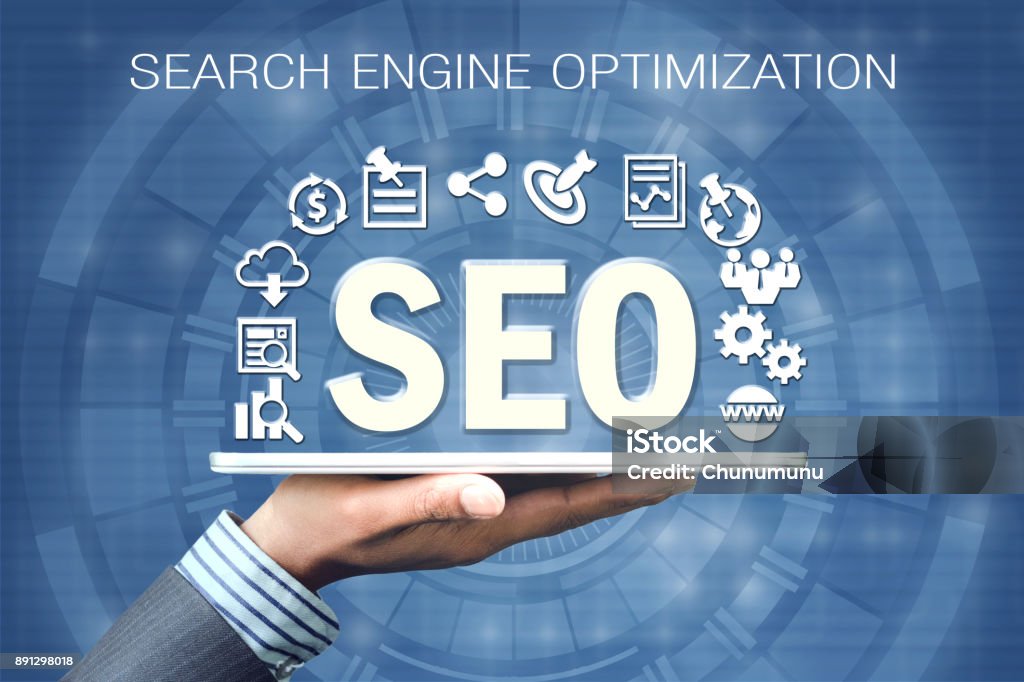Table of Contents
ToggleWhat is SEO? Master the Power of Digital Dominance
nirmalas
July 26, 2024

Did you know that more than 90% of users never click beyond the first page of search results? Imagine the potential you’re missing out by not achieving first-page search engine rankings. Welcome to the world of SEO, where the key to online visibility lies.”
What is SEO?

If you’re new to digital marketing, you might wonder, ‘What is SEO? SEO stands for Search Engine Optimization, is enhancing your website to achieve higher rankings on search engine results pages (SERPs). By boosting your online visibility, SEO attracts organic (non-paid) traffic, ultimately driving more conversions and helping your business grow.
Example:
Imagine you run a small bakery in a bustling city and are keen to attract more customers searching online for terms like ‘best bakery near me.’ To leverage SEO effectively, it’s helpful to understand ‘What is SEO?’ and how its principles can be applied to your business:
Keyword Research: You conduct keyword research to identify popular search terms related to bakeries in your city. You discover that “best bakery near [city]” and “fresh pastries [city]” are highly searched keywords.
- On-Page Optimization: You optimize your bakery’s website by incorporating these keywords naturally into your website content. This includes your homepage, service pages (like menu and about us), and blog posts about baking tips and recipes.
Local SEO: Understanding the importance of local search, you optimize your Google My Business profile with accurate business information, customer reviews, and photos of your delicious pastries. This helps your bakery appear in local map packs and “near me” searches.
- Content Creation: You regularly update your blog with fresh content such as seasonal recipes, customer testimonials, and stories about your bakery’s community involvement. This not only engages your audience but also boosts your website’s authority and relevance.
- Link Building: You collaborate with local food bloggers and influencers to write reviews about your bakery and link back to your website. These backlinks from reputable sources help build your site’s authority in search engines.
- Technical SEO: You ensure your website is mobile-friendly, loads quickly, and has a secure HTTPS connection. These technical aspects contribute to better user experience and higher rankings in search results.
- Monitoring and Adjustments: Using tools like Google Analytics and Search Console, you monitor traffic, keyword rankings, and other SEO metrics. Based on data insights, you continuously refine your SEO strategy to maintain and improve your website’s performance in search results.
Importance of SEO
Understanding ‘What is SEO?’ unlocks the door to discovering how it drives organic traffic, enhances user experience, and builds trust with your audience. In today’s competitive market, mastering SEO isn’t just an option—it’s essential for achieving remarkable online visibility and long-term success. Dive in to uncover how the right SEO strategies can transform your digital presence and propel your business forward.”In today’s digital landscape, SEO is more important than ever. It helps businesses:


Boost Website Traffic: Achieving top rankings on search engine results pages drives more clicks and attracts a steady flow of organic visitors to your site.
Establish Credibility: High search engine rankings enhance your brand’s credibility, as users often equate top positions with authority and trustworthiness.
Improve User Experience: Effective SEO not only optimizes your site for search engines but also enhances usability, ensuring a smoother, more enjoyable experience for your visitors.
Types of SEO
To fully understand 'What is SEO?' it’s important to explore its different types. SEO can be broadly categorized into several types, each with its own strategies and objectives."

On-Page SEO: Elevate Your Website from inside
Keywords: Dive deep into keyword research to discover terms that resonate with your audience and drive targeted traffic.
Meta Tags: Design eye-catching title tags and meta descriptions that entice users to click and explore your content.Content: Craft valuable, relevant, and engaging content that not only captivates your audience but also establishes your authority.
URL Structure: Create clean, descriptive URLs that are easy to read and enhance search engine understanding.
Internal Linking: Seamlessly connect related pages within your site to improve navigation and keep visitors engaged longer.
Off-Page SEO: Strengthen Your Online Presence outside Your Website
Backlinks: Cultivate high-quality backlinks from trusted and authoritative sites to boost your website’s credibility and search engine rankings.
Social Media: Engage with your audience on social media platforms to increase brand visibility, drive traffic, and build meaningful connections.Guest blogging: Share your expertise by writing for reputable sites, enhancing your authority, and earning valuable backlinks.
Technical SEO: Technical SEO: Optimize the Backend for Peak Website Performance
Website Speed: Accelerate your site’s loading times to enhance user experience and improve search engine rankings.
Mobile-Friendliness: Ensure your site is fully responsive and performs seamlessly on all devices, offering a smooth experience for mobile users.SSL Certificates: Secure your site with HTTPS to protect user data and build trust with both visitors and search engines.
Sitemap and Robots.txt: Provide clear guidance for search engines with a well-structured sitemap and robots.txt file, helping them navigate and index your site efficiently.
SEO Best Practices: Master the Essentials for Superior Performance
Quality Content: Deliver valuable and relevant information that captivates your audience and establishes your expertise.
Keyword Research: Discover and strategically use pertinent keywords to drive targeted traffic and improve search rankings.Link Building: Cultivate high-quality backlinks to boost your site’s authority and enhance its visibility in search results.
Regular Updates: Keep your content current and engaging by frequently refreshing and updating it to stay relevant.
Analytics and Monitoring: Leverage tools like Google Analytics to monitor performance, gain insights, and refine your SEO strategies for continuous improvement.
Essential SEO Tools: Power Up Your Optimization Efforts
Google Analytics: Dive into detailed insights and track your website’s traffic to understand visitor behavior and improve your strategy.
Google Search Console: Keep an eye on your site’s performance in search results, identify issues, and optimize for better visibility.SEMrush/Ahrefs: Uncover valuable keyword opportunities and analyze competitor strategies to stay ahead in the SEO game.
Yoast SEO: Enhance your on-page SEO with ease using this powerful WordPress plugin, designed to help you optimize content and improve rankings.
Current SEO Trends: Stay Ahead in the Evolving Digital Landscape
Voice Search: Optimize your content for voice queries to capture the growing number of users relying on voice-activated searches.
AI and Machine Learning: Stay informed about how artificial intelligence and machine learning transform search algorithms and influence rankings.User Experience: Prioritize enhancing user experience by increasing dwell time and minimizing bounce rates to keep visitors engaged and satisfied.
E-A-T (Expertise, Authoritativeness, Trustworthiness): Search engines rank content higher when it displays clear expertise, authority, and trustworthiness. Focus on creating high-quality, well-researched content, authored by credible experts, and supported by reliable sources.